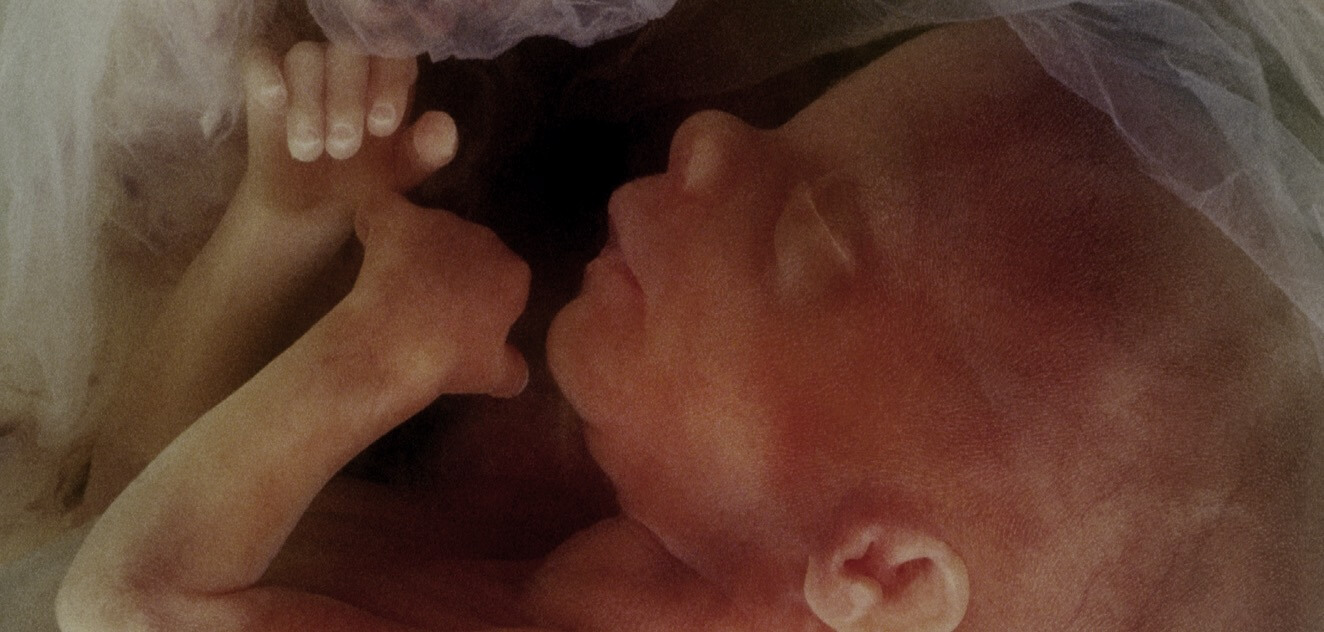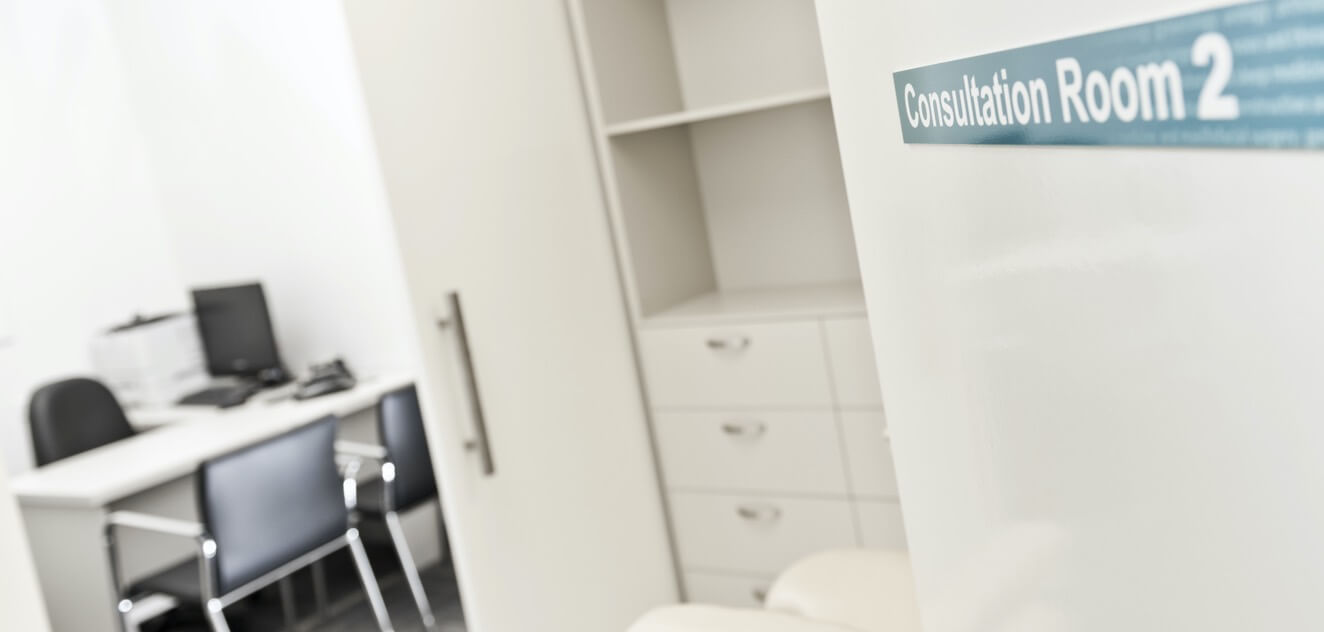To add insult to injury, they have taken what Parliament asked them to impose on Northern Ireland and made it far worse. This will result in Northern Ireland having one of the most extreme abortion regimes in the world.
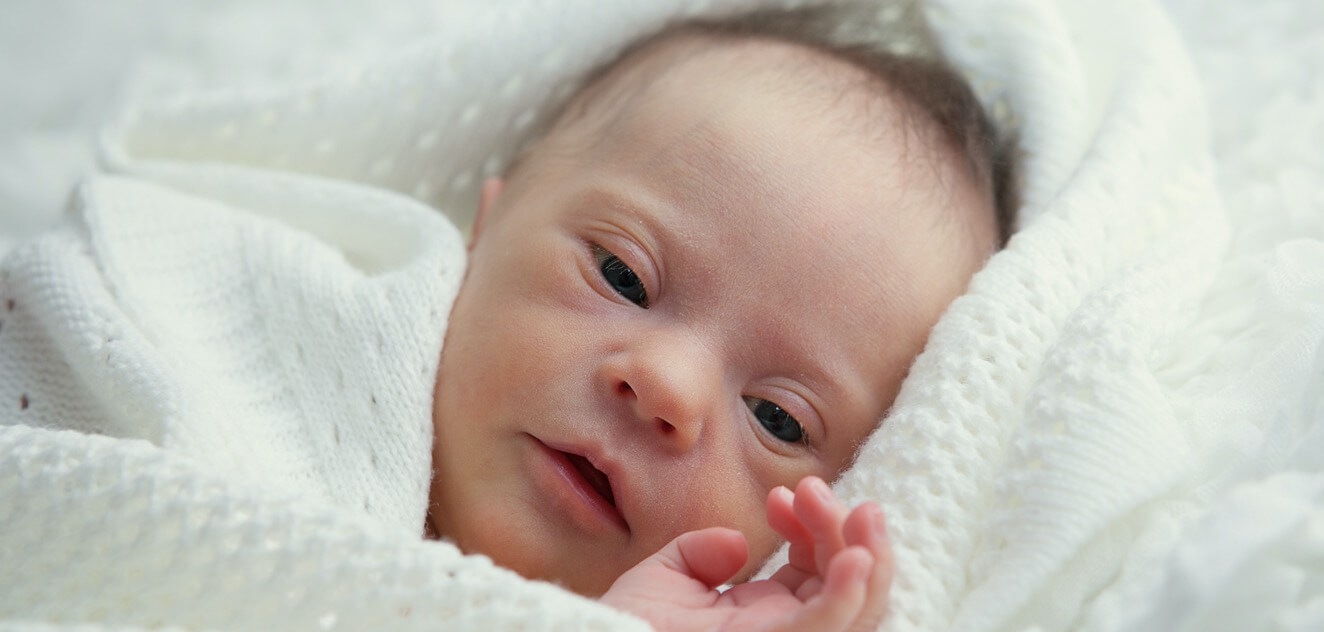
Abortion up-to-birth for babies with disabilities – including Down’s syndrome, cleft lip and club foot
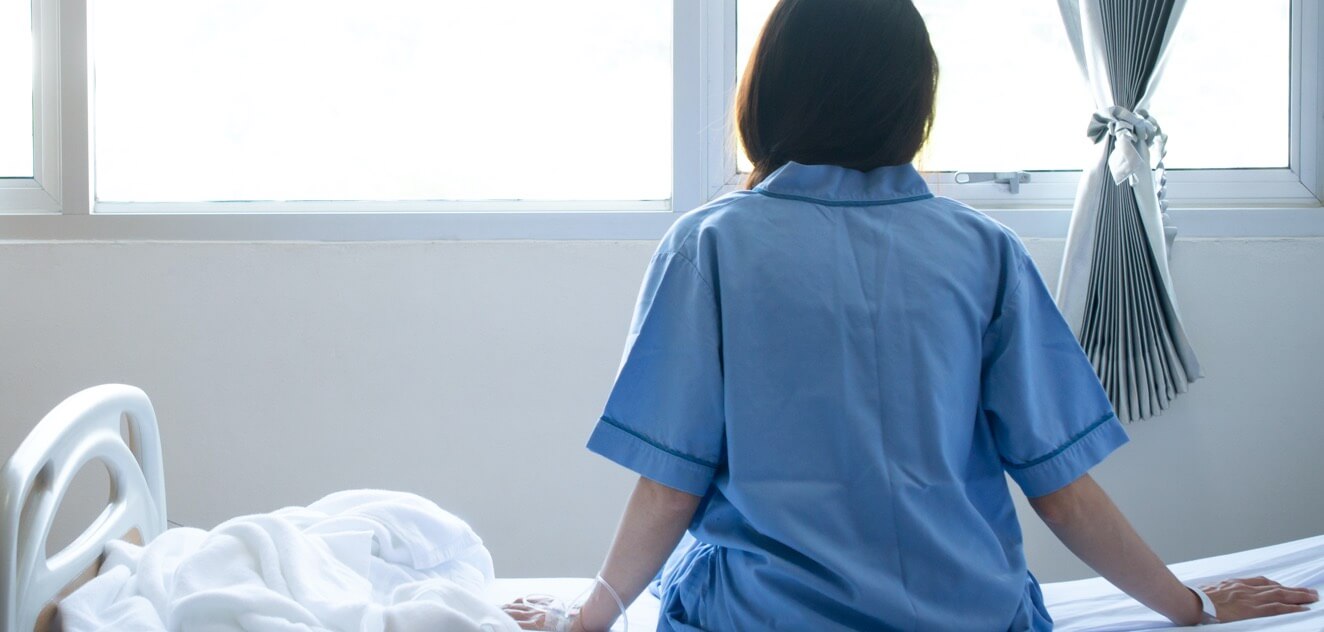
No requirement that a doctor must be involved with an abortion – midwives and nurses will be able to provide abortions
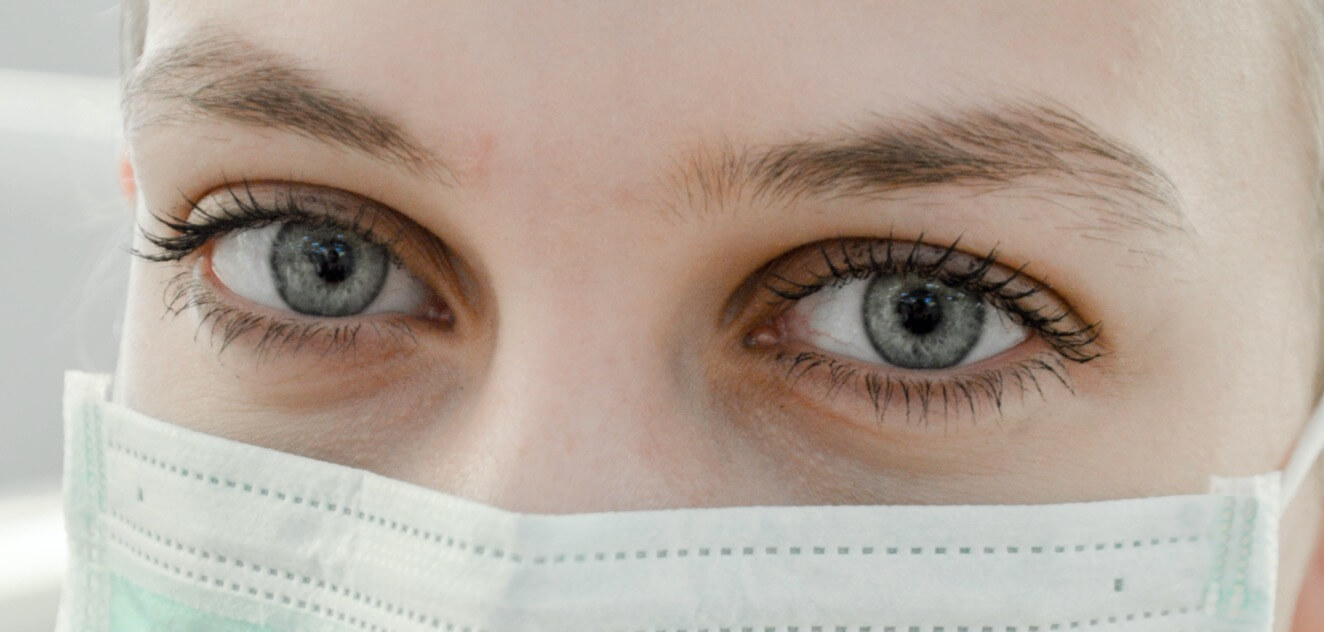
Limited conscientious objection protection in law for pro-life health professional who don’t want to perform abortions
The most recent polling on where the people of Northern Ireland stand on abortion was undertaken by the University of Liverpool and Britain’s Economic and Social Research Council and shows the following:
of all voters support introducing abortion through to 24 weeks, which is in line with what the Conservative Government will be introducing to Northern Ireland.
want their country’s new abortion framework to only allow abortions when the mother’s life is at risk, which is in line with where the law was before the Westminster Parliament imposed a change to the law in Northern Ireland.
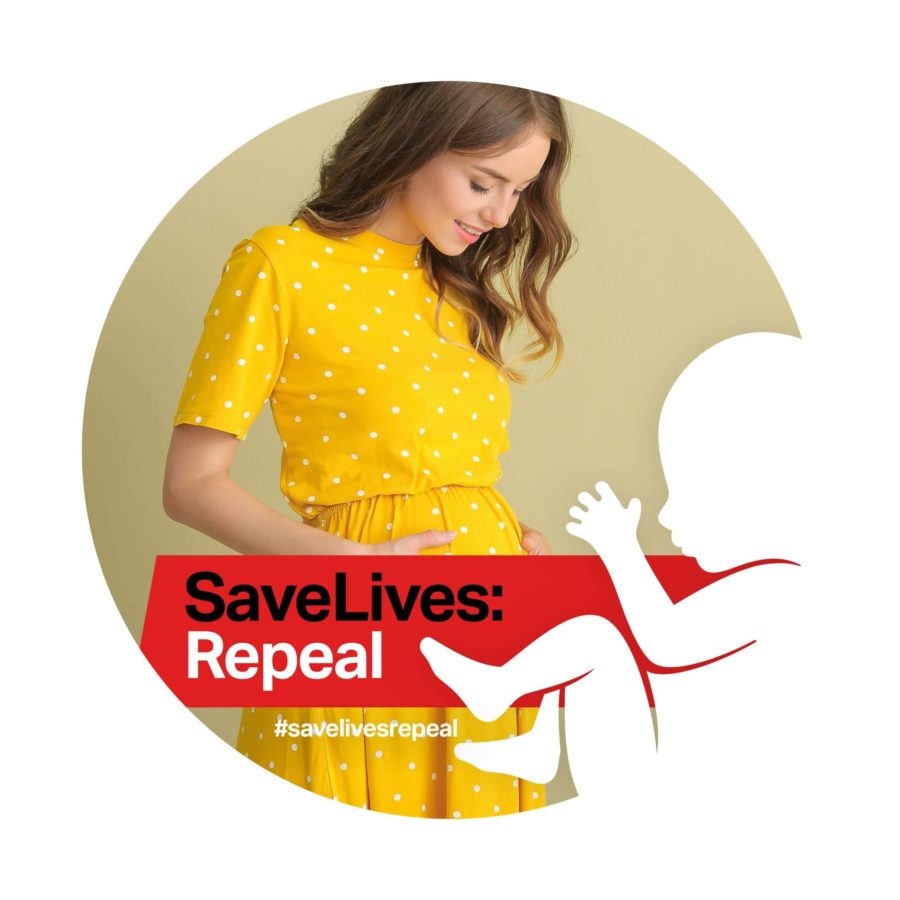
Lend us your Facebook pic to help get the word out or share one of our campaign posts on social media.
Latest
News:

Government ushers in abortion up to point of birth in Northern Ireland – despite overwhelming consultation opposition
At about 4pm today, the Northern Ireland Office (NIO) Twitter account announced the details of the new regime governing terminations in the Province, which is due to take effect from March 31. The NIO said 79% of consultation respondents to the plans had expressed...
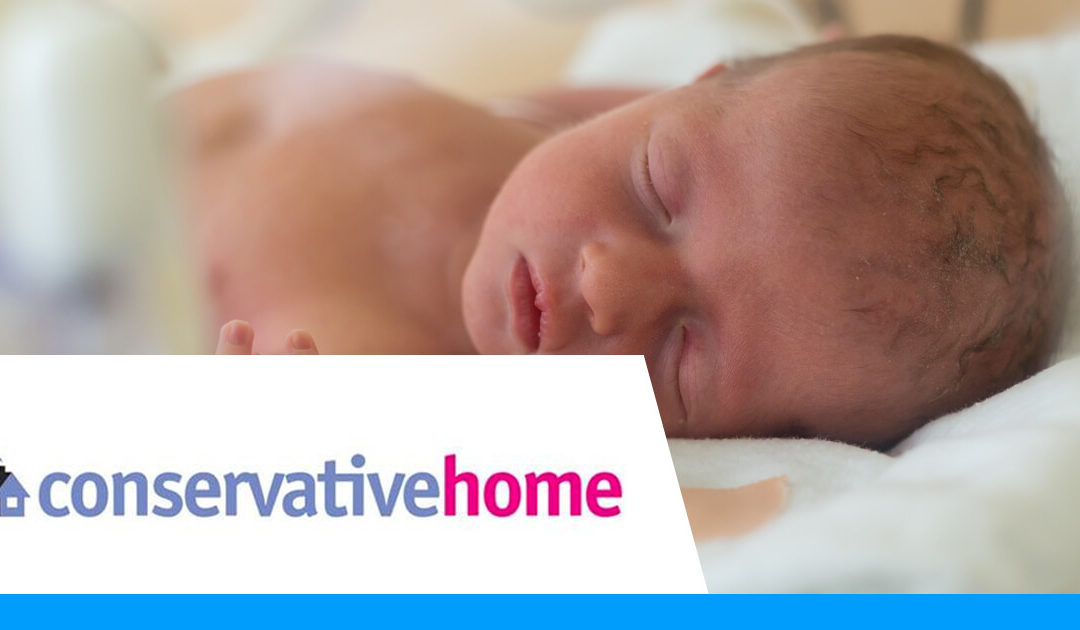
John Hayes: The plan to impose abortion on demand on Northern Ireland by the end of this month – and why it should be stopped
The restoration of Stormont in January ended three years of division, giving the people of Northern Ireland the ability again to make their voices count through their elected MLAs. All of those involved in the process of restoration deserve thanks for their...
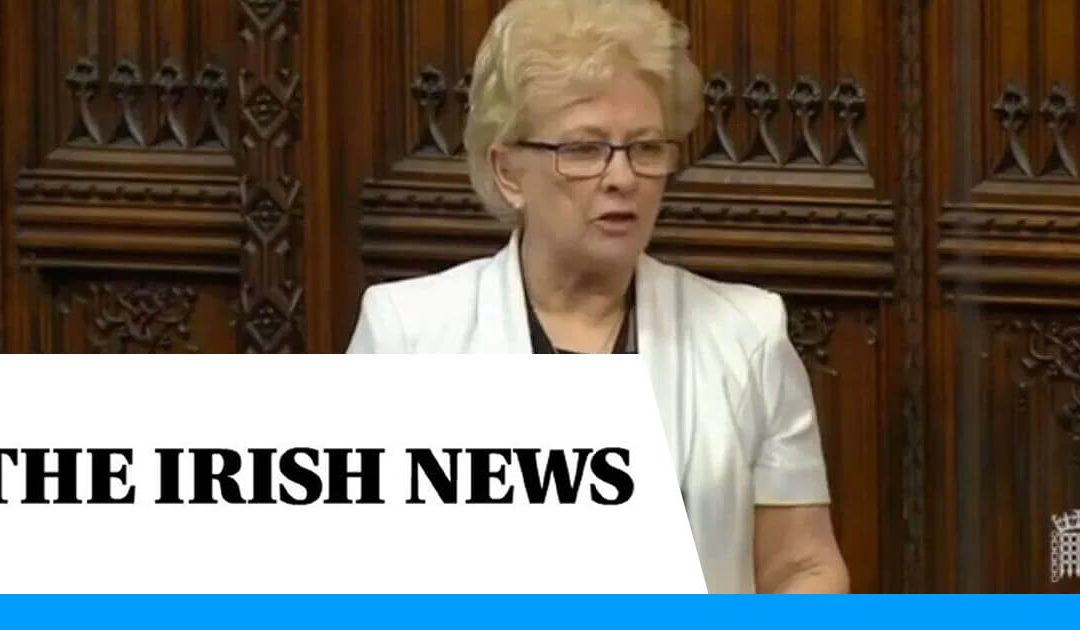
Baroness O’Loan: Government should not proceed with abortion legislation at time of national emergency
WE live in unprecedented times. There is fear of the impact of the coronavirus, Covid-19, uncertainty about what the future holds, some degree of panic and, in some ways, it is hard to know what we can and should do. The threat to our NHS, which our dedicated nurses...
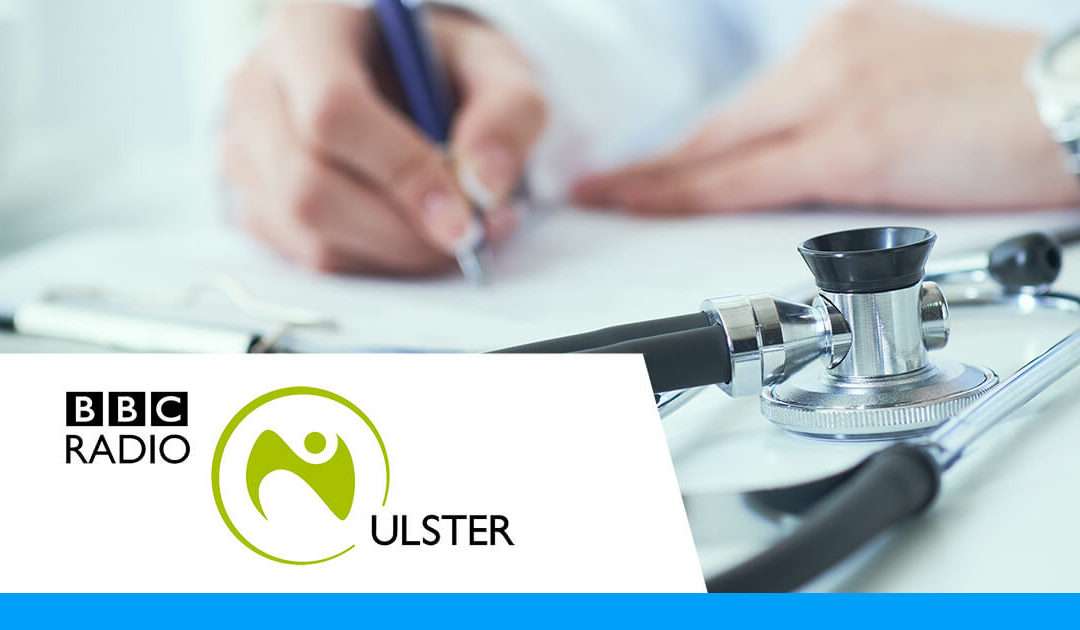
Doctor Andrew Cupples raises concerns about UK Government’s proposed abortion framework for Northern Ireland
Doctor Andrew Cupples raises concerns about the UK Government’s proposed abortion framework for Northern Ireland. Dr Andrew Cupples raises concerns about UK Government’s proposed abortion framework for Northern Ireland on BBC Radio Ulster.
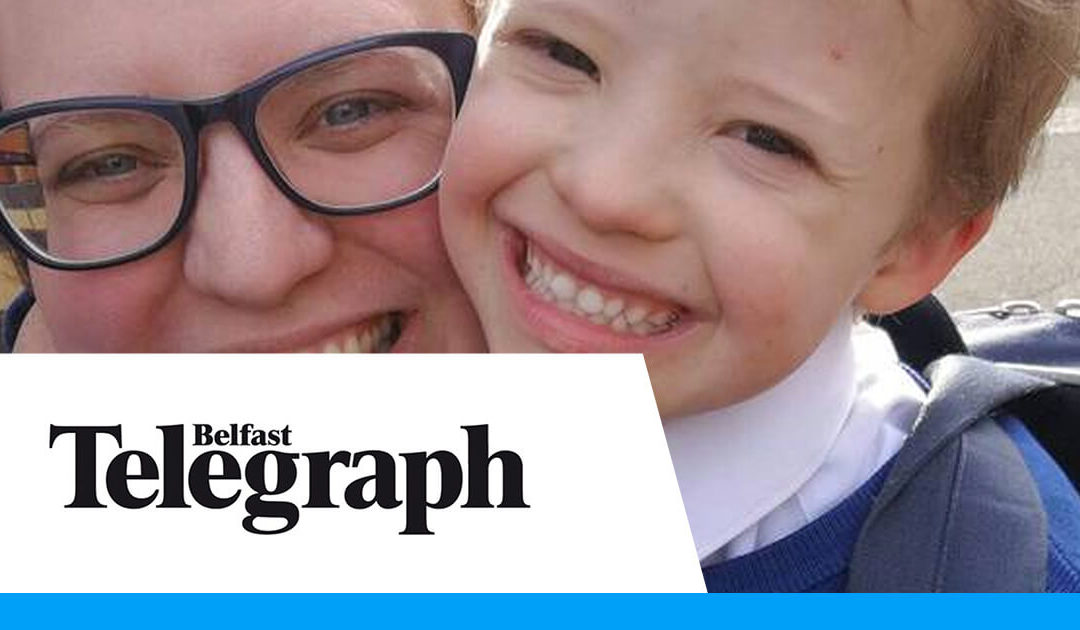
Mum of Down’s syndrome Belfast boy urges PM not to allow abortions over condition
The mother of a seven-year-old Belfast boy with Down's syndrome has urged Prime Minister Boris Johnson not to introduce abortion for babies with the condition here. Nicola Woods (34) is one of more than 1,000 people who have signed an open letter to Mr Johnson as new...
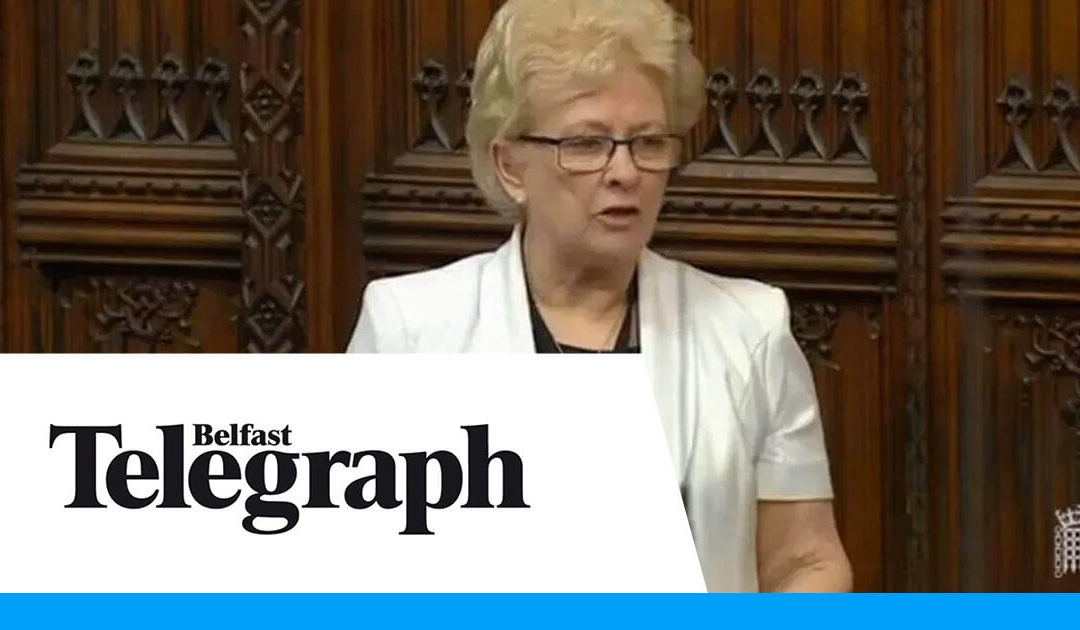
Figures from across political divide unite to oppose abortion law changes in Northern Ireland
A group made up of figures from across the political spectrum has accused Westminster politicians of treating Northern Ireland with "contempt" over abortion reform. Writing in this newspaper today, 10 politicians, along with former Police Ombudsman Baroness Nuala...
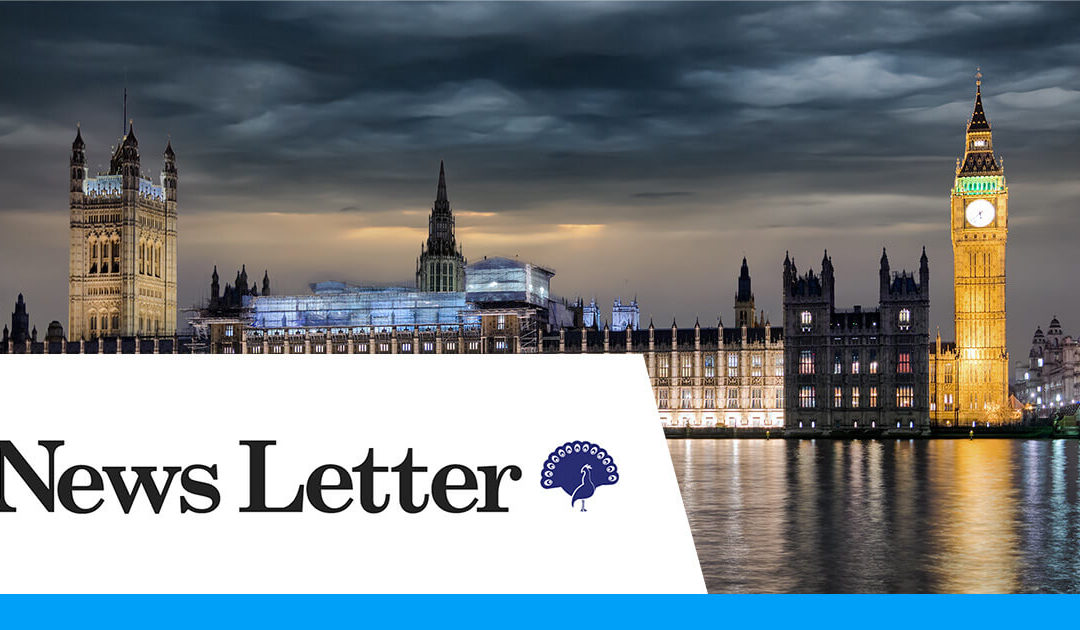
Lord Morrow and Baroness O’Loan: Parliament’s new Northern Ireland abortion law undermines Stormont
In July the Westminster Parliament treated Northern Ireland with a level of contempt never witnessed before, imposing very controversial abortion law changes on Northern Ireland, even though they knew that the matter was devolved and that the democratically elected...

Bishops oppose the provision of abortion services in Northern Ireland schools
Catholic bishops in Northern Ireland have outlined their opposition to allowing any abortion provisions to be made available in schools here in a move which has been backed by the Council for Catholic Maintained Schools (CCMS). The Presbyterian Church in Ireland also...
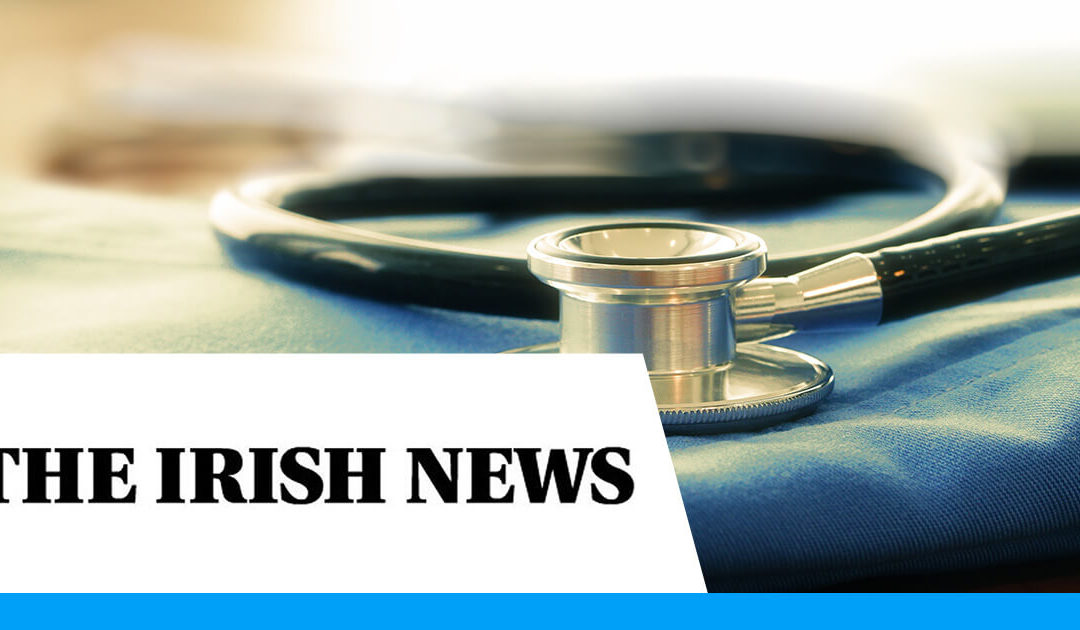
Anti-abortion medics claim NIO consultation on terminations is ‘flawed’
AN ANTI-ABORTION group of 135 medical staff have hit out at a “flawed” consultation on changes to Northern Ireland’s laws. The landmark consultation on how new abortion services should operate, launched by the Northern Ireland Office (NIO) last month, closed yesterday...
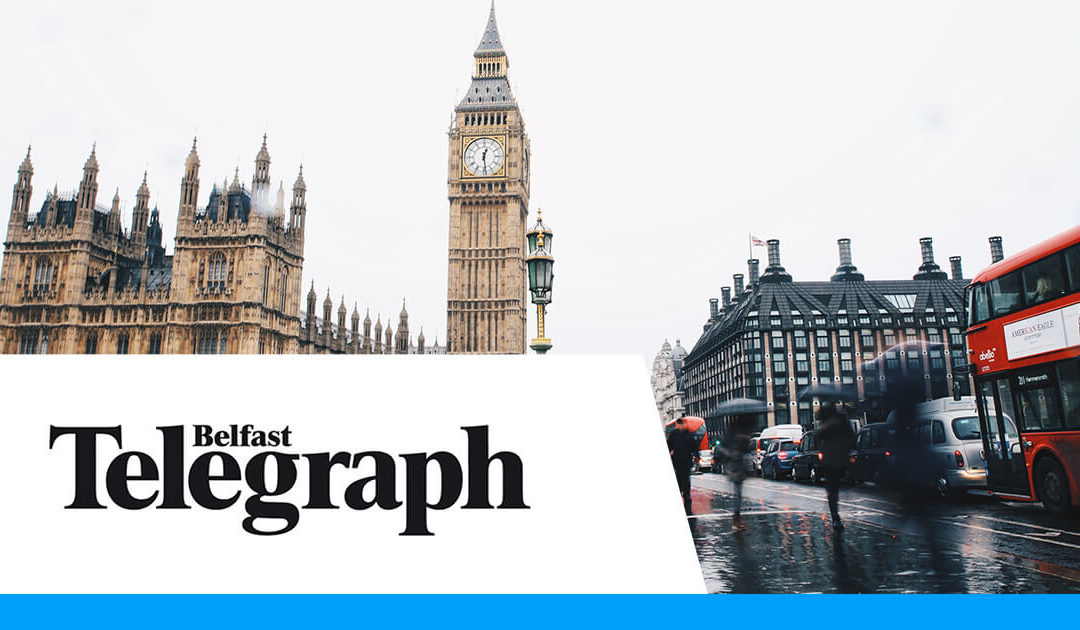
Baroness O’Loan and Lord Morrow: Abortion consultation must be scrapped and issue left to MLAs
In July the Westminster Parliament treated Northern Ireland with a level of contempt never witnessed before, imposing very controversial abortion law changes on Northern Ireland, even though they knew that the matter was devolved and that the democratically elected...
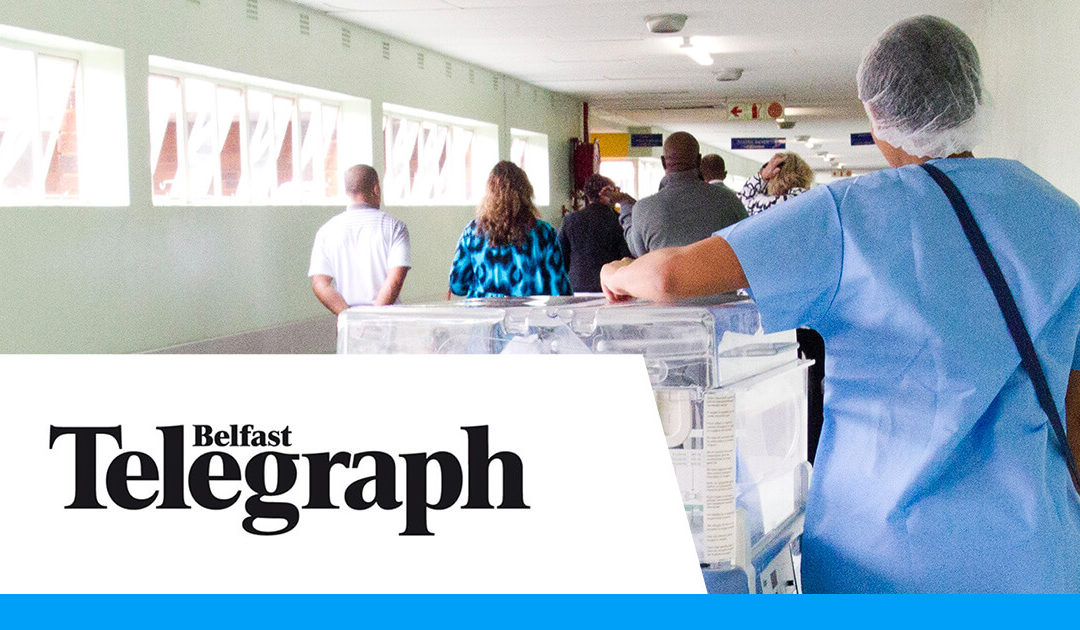
Medics will quit if abortion reform does not protect their right to opt out, warns GP
More than 100 health professionals have written to the Secretary of State Julian Smith expressing concern over the new abortion framework for Northern Ireland. Last month the Northern Ireland Office (NIO) launched a six-week consultation on the legal framework...
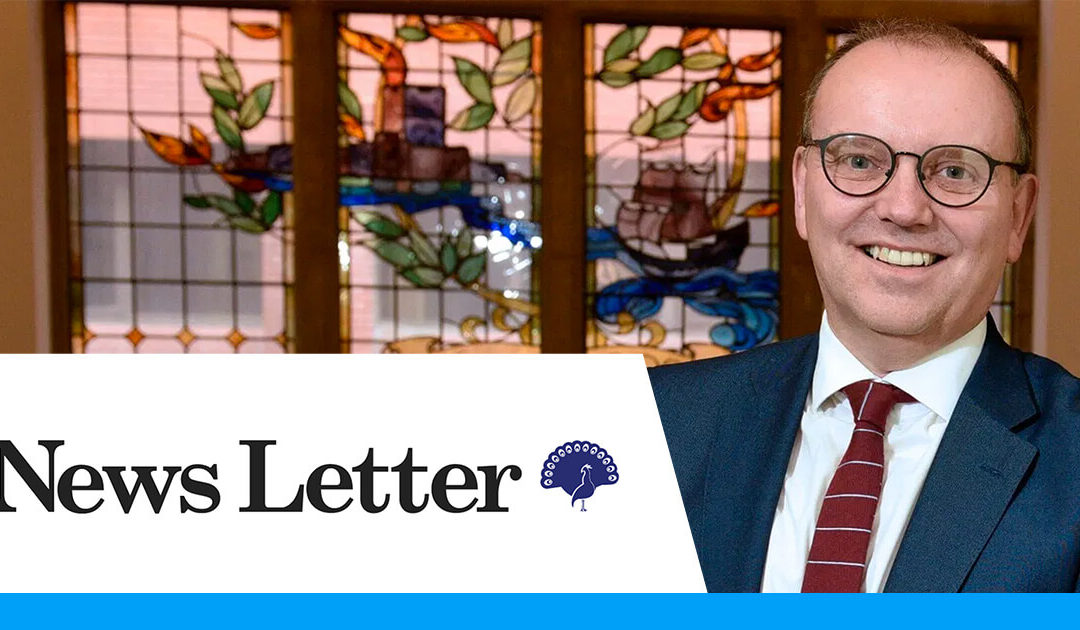
Presbyterian moderator: Abortion proposals go too far, and we ask people to speak up
Approaching the end of another year, and on this occasion another decade, gives us all an opportunity to reflect. While we can look back on what has passed and what lies ahead for us personally, we might also contemplate the changes that are taking place more broadly...

Campaigners against liberalisation of Northern Ireland abortion law ‘shine light for life’
A silent protest against liberalisation of abortion laws in Belfast has “shone a light for life”, organisers said. Significant numbers walked a mile up the hill to the seat of Northern Ireland’s suspended devolved government in support of the NI Voiceless pressure...

Pro-life group set to stage second rally at Stormont
NI Voiceless, which held a similar demonstration in September that drew an estimated 20,000 people, will gather on the estate at 3pm. Spokeswoman Sarah Crutchley (22) said the group had been overwhelmed with support. "Many people have asked us to keep campaigning and...
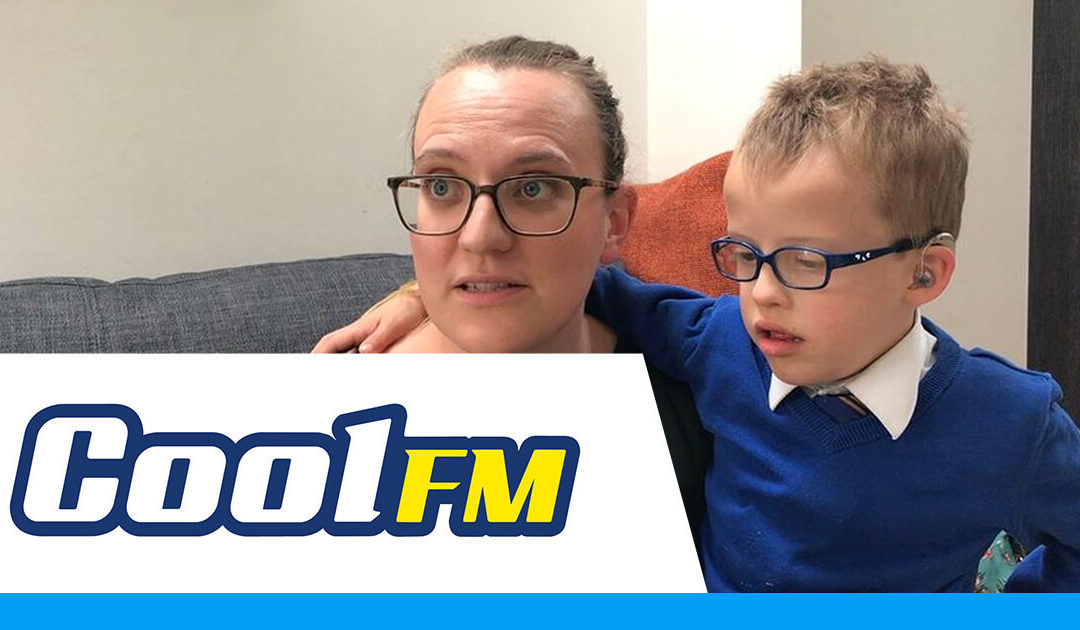
Abortion law change will ‘negatively impact’ disabled people, claims Belfast mum
A Belfast mum says changing our abortion laws will have a negative impact on people with Down Syndrome. The new legislation is due to be brought to Northern Ireland around March. On 10 July 2019, Westminster Parliament voted in favour of an amendment to the Northern...

Liberalising abortion law will cost £5m a year and stretch our health service: economist
The introduction of relaxed abortion legislation in Northern Ireland could cost just over £5m a year - putting "strain" on an "already over-stretched health service", a senior economist has warned. Dr Esmond Birnie said amid the "big moral issues", it would be "naive...
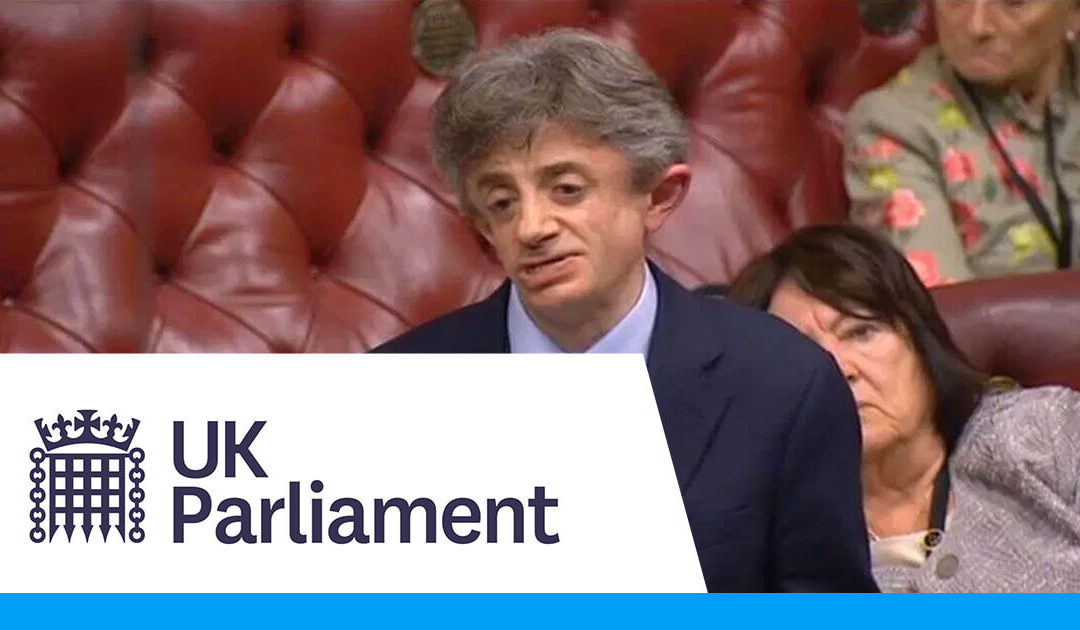
Government forcing disability abortion on Northern Ireland tells people with disabilities ‘you are better off dead’, says Lord Shinkwin
Lord Shinkwin accused a Government Bill which would force abortion on Northern Ireland of telling people with disabilities that they are “better off dead.” In a debate in the House of Lords surrounding the Government’s attempt to force abortion on Northern Ireland,...
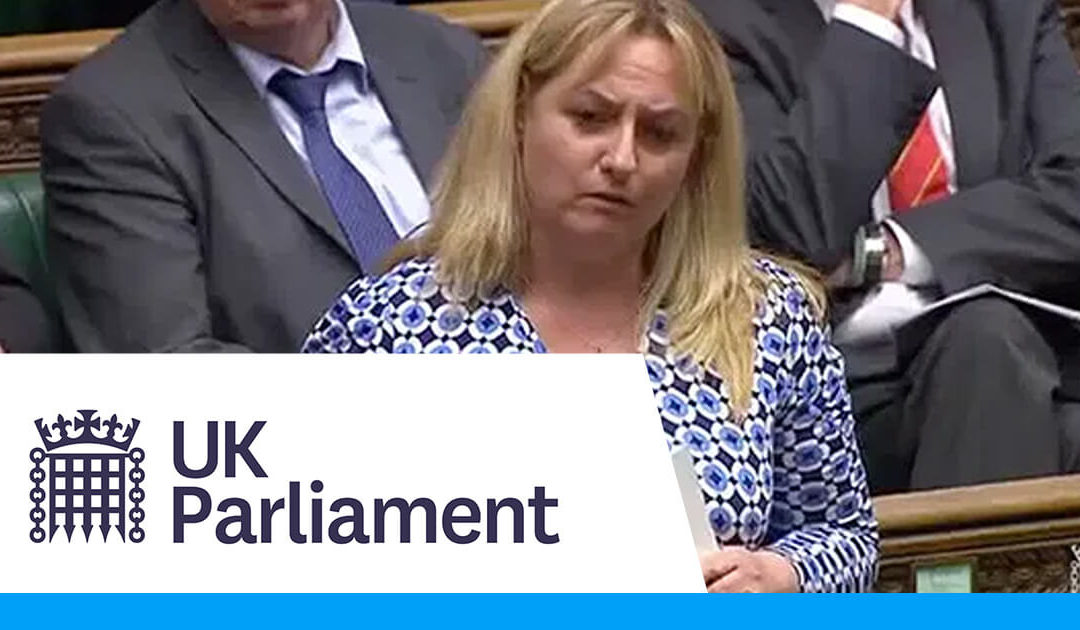
Dr Lisa Cameron raises concerns about the impact of Northern Ireland’s extreme abortion proposals on families with Down’s syndrome children
Dr Lisa Cameron, who received hundreds of abusive messages and a threat of deselection for voting against imposing extreme abortion legislation in Northern Ireland, raised concerns from the Don’t Screen Us Out community who are particularly concerned about the scope...
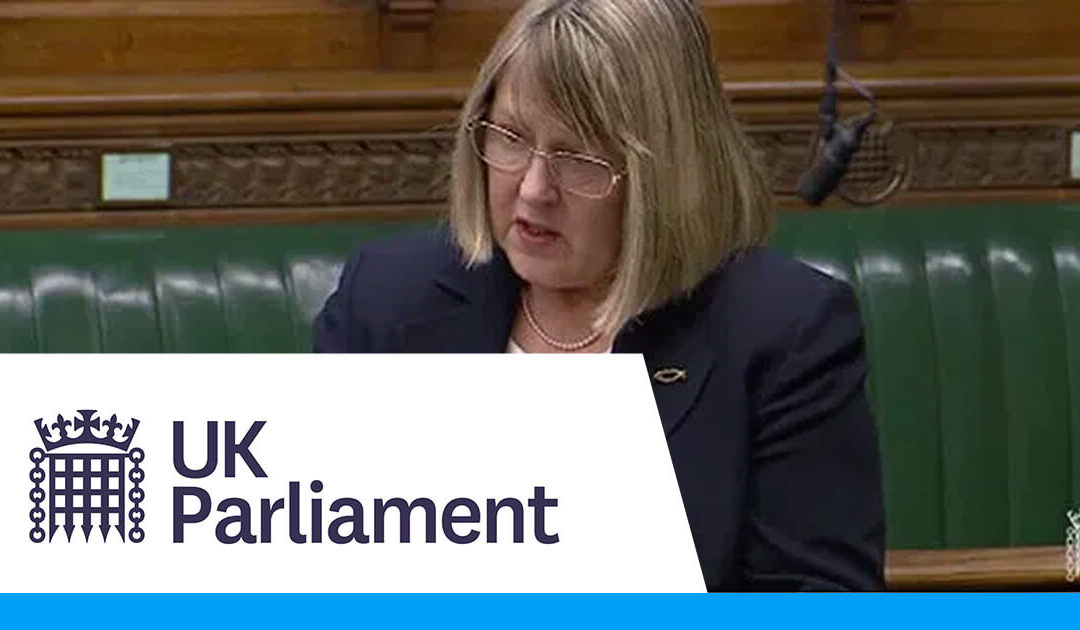
Fiona Bruce MP tells the Government that Northern Ireland’s proposed abortion law goes much further than anticipated
Conservative MP Fiona Bruce told the House of Commons, on 8 January 2020, she was deeply concerned by the width and breadth of a consultation on new abortion legislation in Northern Ireland, raising concerns that changes to abortion law in the province go much further...
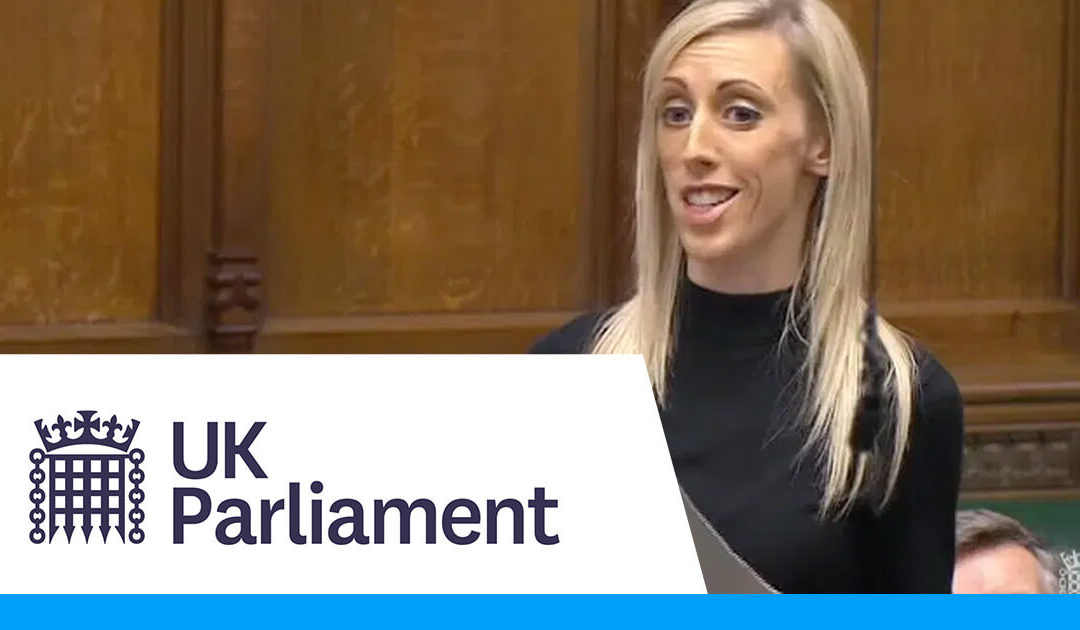
Carla Lockhart MP uses maiden speech to call on Government to respect devolution on the issue of abortion
In her speech, on 8 January 2020, Ms Lockhart said: “I now move to the motion at hand, and particularly the report concerning abortion. I feel it is imperative that I speak on this to attempt again to highlight the anger, disappointment and frustration concerning the...
Full
details:
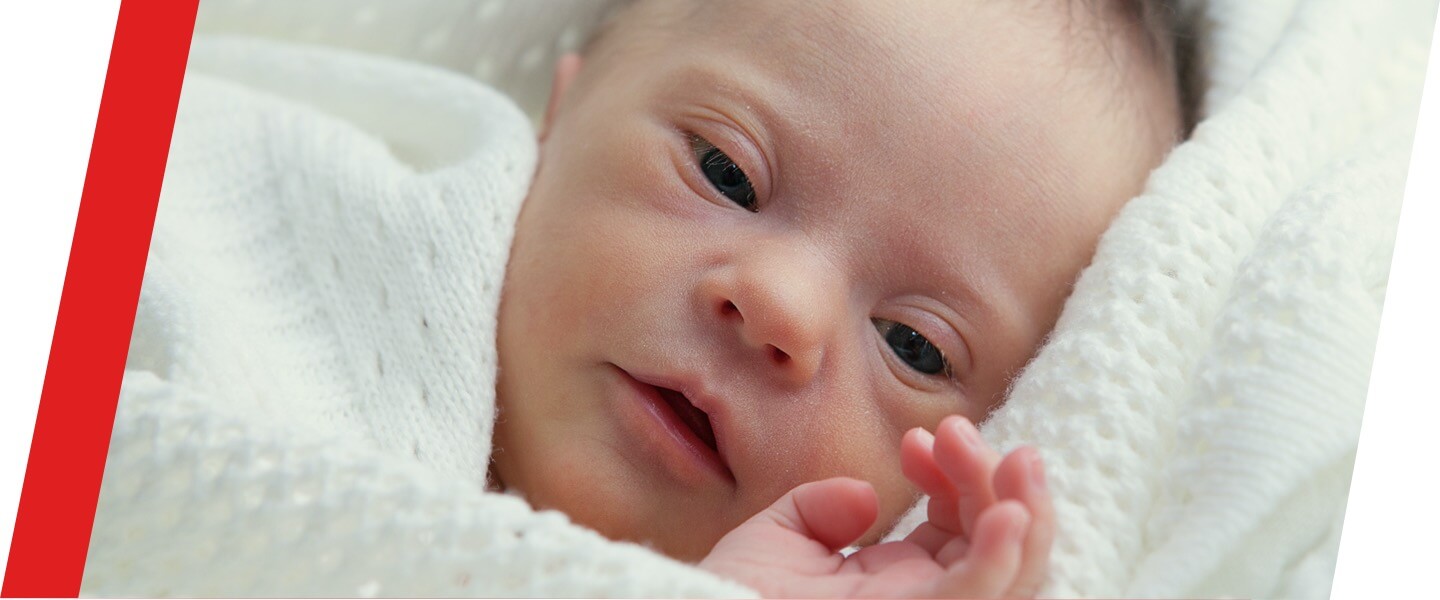
Under the new abortion regime (2.1.3) abortion for disabilities will be available through to birth “if the child were born, it would suffer from such physical or mental impairment as to be seriously disabled.”
In England and Wales, wording that has appeared similarly restrictive (‘that there is a substantial risk that if the child were born it would suffer from such physical or mental abnormalities as to be seriously handicapped’) has in practice allowed for abortion for disabilities including Down’s syndrome, cleft lip and club foot.
In England and Wales – where abortion is available up until birth if a baby has a disability – people with disabilities are unjustly and disproportionately targeted by abortion legislation (see article here from the BBC Victoria Derbyshire Show which outlines that a mother was offered a termination at 38-weeks gestation).
The latest available figures show that 90% of children diagnosed with Down’s syndrome before birth are aborted in England and Wales.
Northern Ireland up to now has had a very different approach. Disability-selective abortion for Down’s syndrome is not permitted and there is a culture of welcoming and supporting people with this disability rather than eliminating them.
This is reflected directly in the latest figures (2016) from the Department of Health in Northern Ireland, which show that while there were 52 children born with Down’s syndrome, in the same year, only 1 child from Northern Ireland with Down’s syndrome was aborted in England and Wales.
This very large discriminatory change was highlighted in two speeches by disabled peer Lord Shinkwin in the House of Lords when he was speaking against the proposed changes, one of which is featured below.

Sex-selective abortion legalised
Sex-selective abortion will be available on-demand through to 12-weeks.
Abortion on-demand, without certification, through to 12-weeks (2.1.2) will allow for sex-selective abortion to be available on-demand. This goes further than the law In England and Wales and will be the first time abortion on demand (without conditionality) will be legally available in the UK.
Additionally, there will be no specific provision banning sex-selective abortion through to 24-weeks.
Sex-selective abortion usually targets baby girls due to a preference among certain parents and some cultures for having sons.
This is not speculation: this practice is already happening in other countries which have very permissive abortion laws. For example, abortion is available in Canada for any reason and as such, it has been described as a “haven” for parents wishing to have an abortion because their child is a girl.
There is also evidence of this practice in the UK and it is possible that a form of ‘abortion tourism’ will arise as people from other countries seek abortions on the basis of the sex of their child.
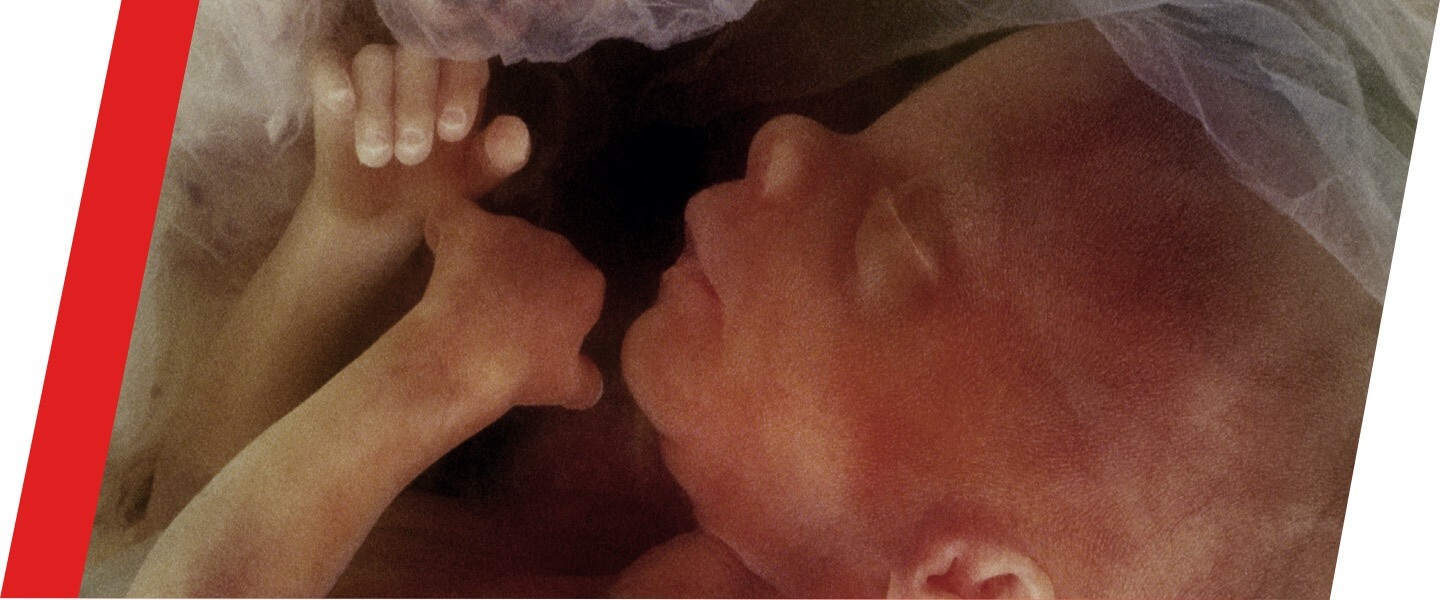
De facto abortion on demand, for any reason, up to 24-weeks
Abortion will be available through to 24-weeks ‘ in cases where the continuance of the pregnancy would involve risk of injury to the physical or mental health of the pregnant woman or girl, greater than the risk of terminating the pregnancy’ (2.1.2).
In England and Wales, similar wording has in practice allowed for de-facto abortion on demand.
De-facto abortion on demand to 24-weeks is very far out of line with any previous proposals in Northern Ireland, the most recent of which was to introduce abortion only for babies with life-limiting disabilities.
Not only is it way out of line with where Northern Ireland has in the past proposed change, but it also goes further than where most other European countries sit on this issue. The current median time limit for most abortions across EU countries is 12-weeks, and similarly, across the border in the Republic of Ireland abortion is also restricted in most cases to 12-weeks gestation.

Abortions available in GP surgeries across Northern Ireland
Abortions will be available in GP surgeries throughout Northern Ireland. (2.1.6)
In England and Wales, the Abortion Act (1967) currently restricts abortion to hospitals or places approved by the Secretary of State. This means that abortions are available in a limited number of approved locations and abortion are not routinely provided in GPs surgeries.
Performing abortions in GP surgeries throughout Northern Ireland is a substantially different approach to that of England and Wales. In Northern Ireland under the new regime, all GPs surgeries will be approved locations to do abortions. This will dramatically increase the locations, compared to England and Wales, where this extremely divisive procedure can take place.
The majority of people in Northern Ireland are opposed to these changes to abortion law.
The fact that abortions can take place in GP surgeries in villages and towns throughout Northern Ireland, whilst people are opposed to these measures are getting their annual health check-up in the room next door, is highly insensitive to the views held by the majority of people in the province.
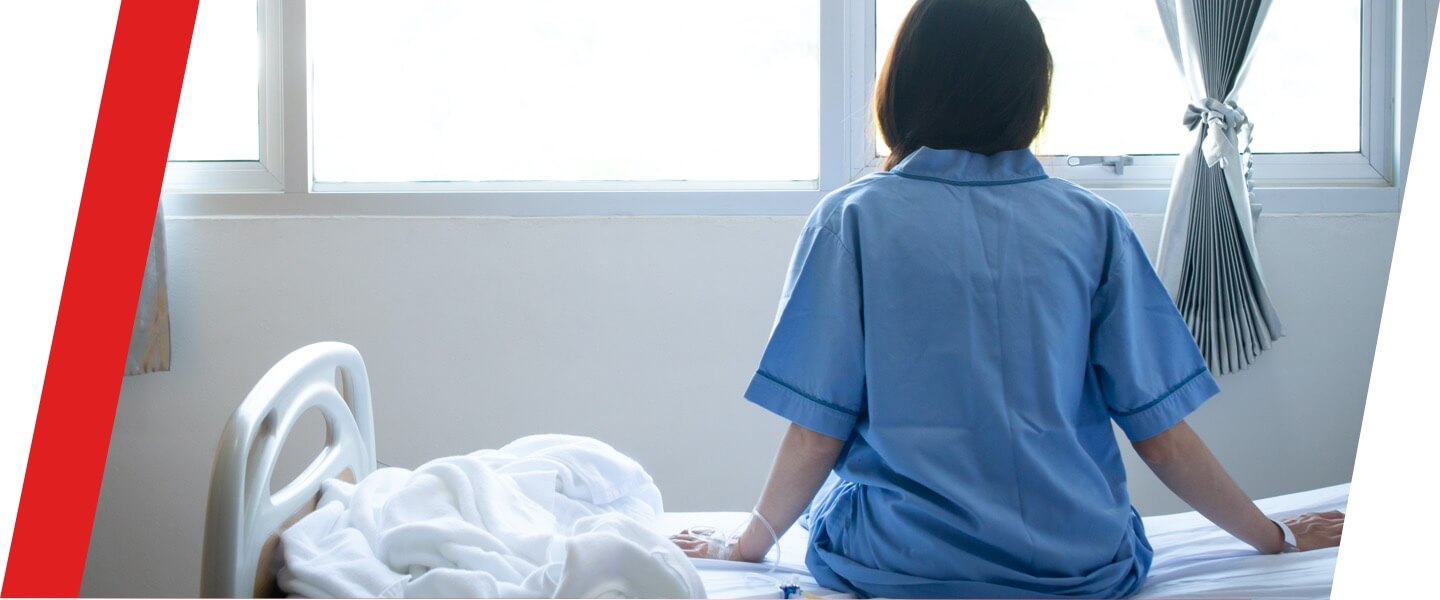
No requirement that a doctor must be involved with an abortion – midwives and nurses will be able to provide abortions
Midwives and nurses will be able to provide terminations (2.1.5).
In England and Wales, abortions can only be performed by a registered medical practitioner (doctor), and the Abortion Act requires the approval of two doctors before an abortion can be performed.
Even with this legal restriction in place, there are still many cases of complications during abortions in the UK, resulting in babies being born alive, women’s uteruses being perforated or severe haemorrhaging that has resulted in death.
Under the new regime, there is no requirement that a doctor performs the abortion and no requirement for the approval of two doctors before an abortion can be performed.
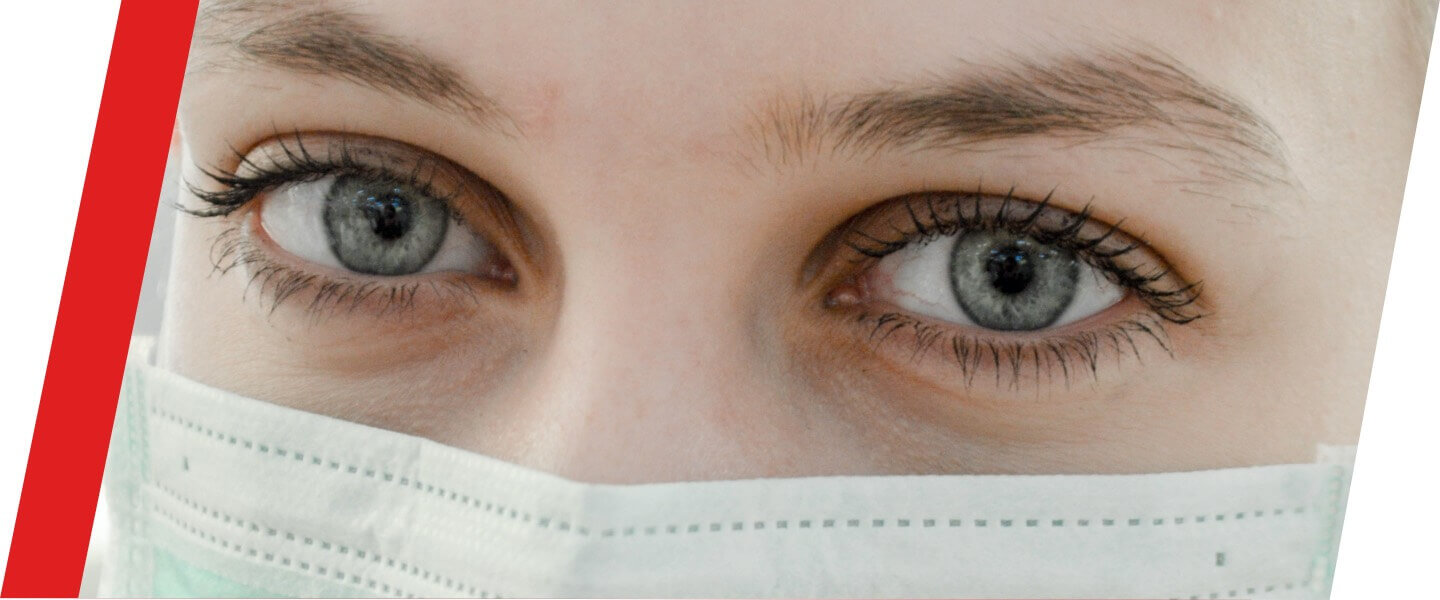
Limited conscientious objection protection in law for pro-life health professionals who don’t want to perform abortions
Conscientious objection protections are provided but would operate in a very different environment.
The regime appears to seek to mirror legislation in England and Wales which does not provide protection for healthcare professionals undertaking ancillary, administrative and managerial tasks involved with an abortion procedure.
The proposed framework allows for a wider group of health professionals (midwives and nurses) beyond doctors to be involved with providing terminations in a far wider number of locations.
This could mean that a far higher number of health professionals could be affected by the legislation and possibly involved in ancillary, administrative and managerial tasks where they are not provided protection.
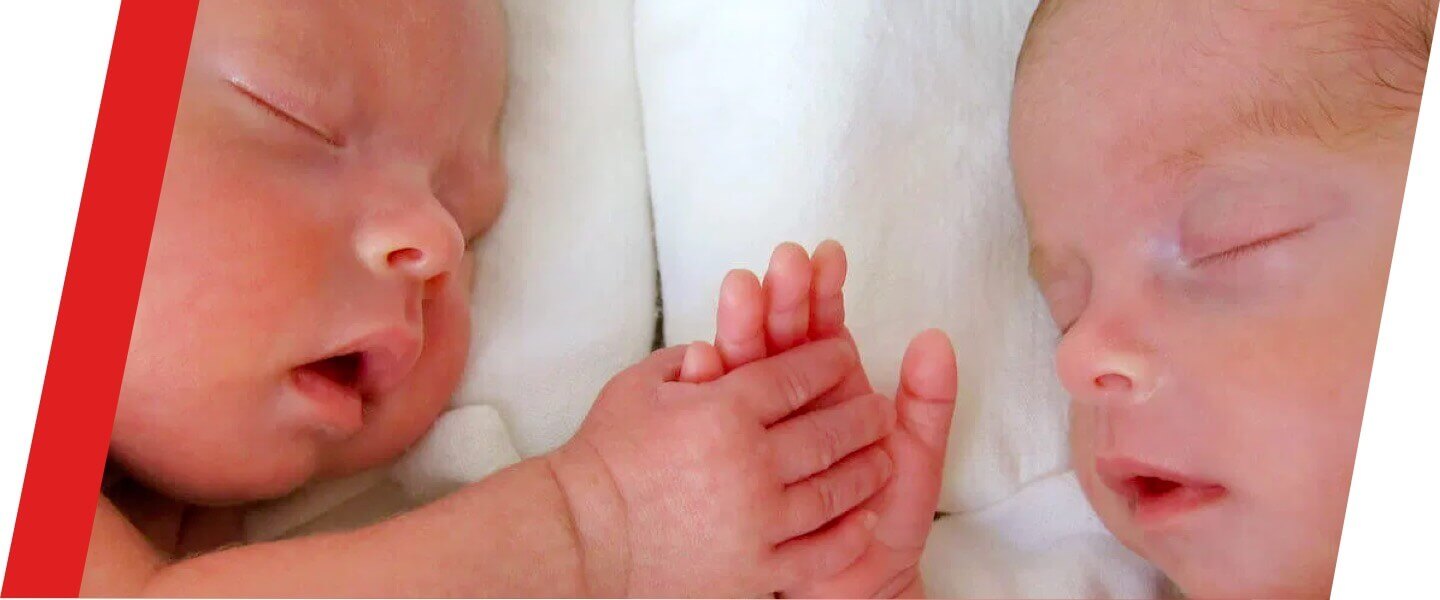
Legal abortion of twins – select one to live and one to die
In England and Wales, in 2018, 111 ‘selective termination’ procedures were performed where a twin, triplet or more were aborted in the womb.
This is often done to ‘reduce’ the number of babies in a pregnancy.
There is no mention in the Conservative Governments regime of legal restrictions on this controversial type of abortion taking place in Northern Ireland.
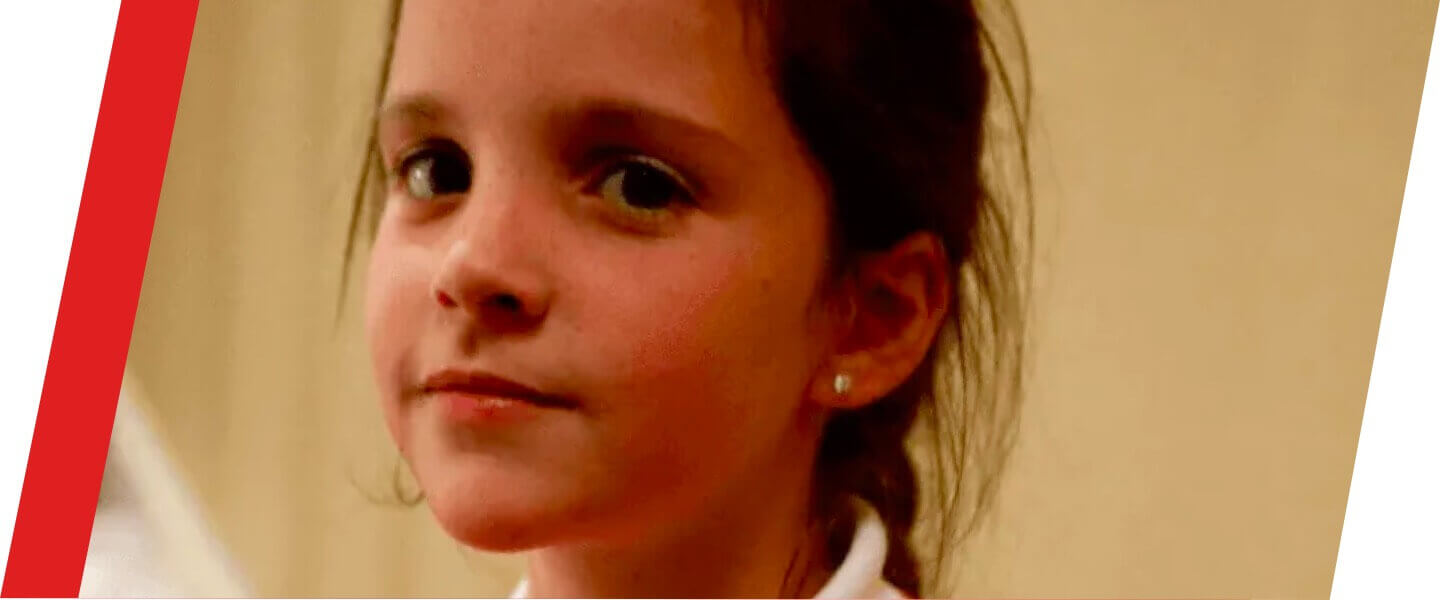
Young girls will be able to get abortions without their parent’s consent
Young girls, 15 years old and younger, could be taken by school nurses to abortion clinics for abortions.
This would allow for the absurd situation where most schools would not allow a child to be given an Ibuprofen pill by a school nurse without a parent giving their consent, but at the same time, there would be no legal restriction on that same school nurse performing an abortion on a child without her parent’s consent.
The new regime does not mention the introduction of any specific legal safeguards to prevent third-parties from taking children for abortions without their parent’s consent. This could possibly also include an adult who has sexually abused a child who has become pregnant and takes them for an abortion to help cover-up that they have been sexually abusing a child.
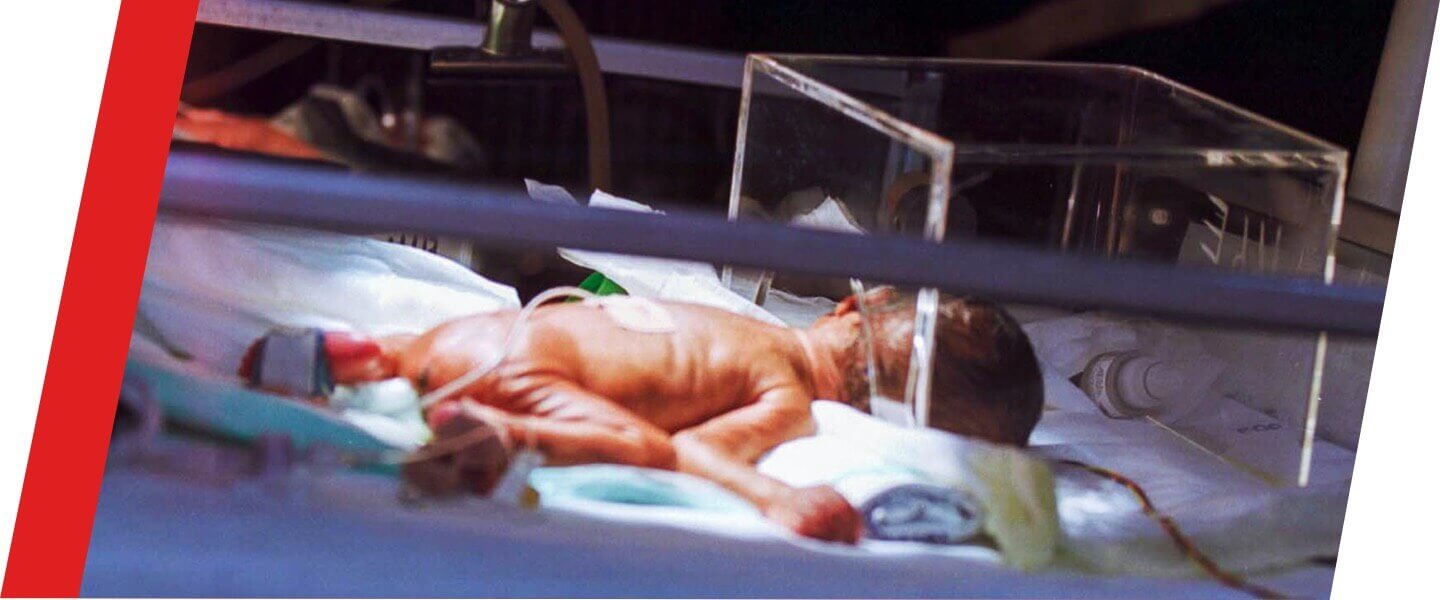
9.
Babies born alive after abortion to be left to die
In the new regime, there is no mention of a legal requirement that babies born alive after an abortion are resuscitated or provided with medical assistance.
This is more common than many people think. In 2008, a UK report found that 66 infants were born alive after NHS terminations in one year. The majority of those 66 babies took over an hour to die.
In Victoria, Australia, where there is a similarly extreme abortion law, scores of babies were left to die after being removed alive during a number of ‘botched’ terminations, according to one official review.
The review reported that in 2011 there were 40 ‘terminations of pregnancy’ after 20 weeks ‘resulting in live birth’. While these figures are comparable in scale, Victoria’s population of 5.5 million is just a tenth of Britain’s.
This shows the scale of this problem in an environment where there are very few legal safeguards around abortion.
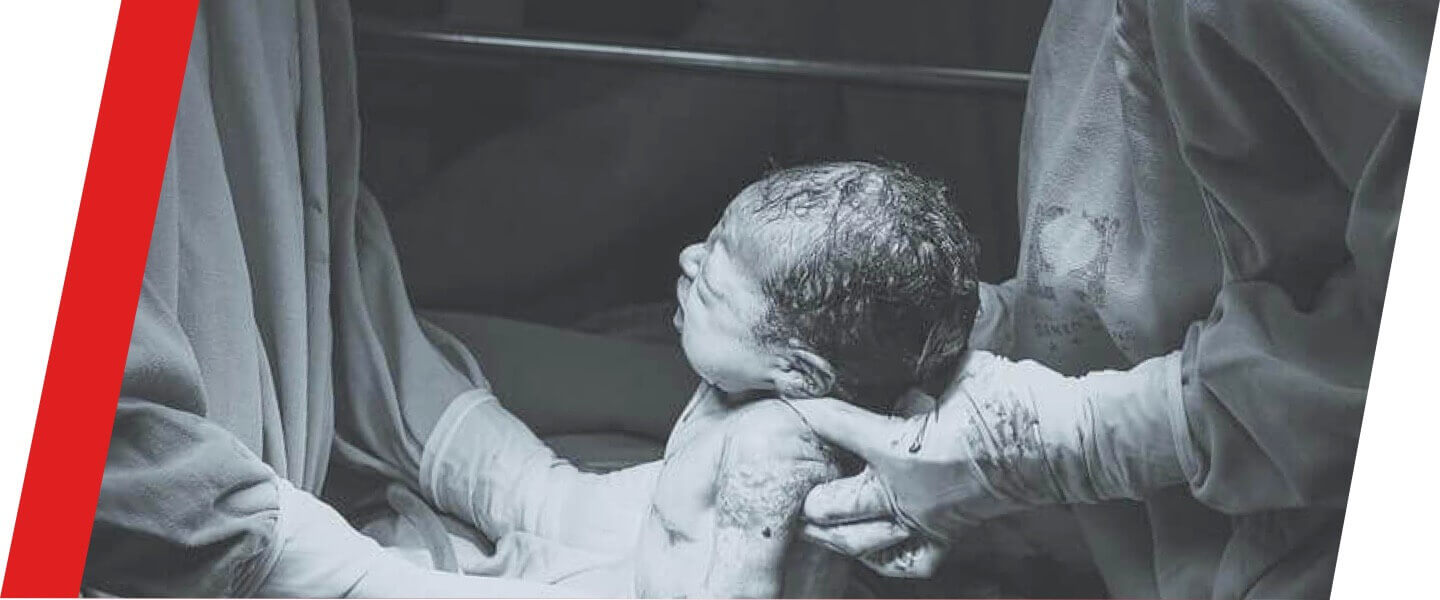
10.
Legalised partial-birth abortions
In the proposed framework there is no mention of a legal restriction on the types of abortion methods used to abort babies.
This could allow for the use of particularly gruesome abortion methods such intact dilation and extraction abortions (also knows as partial-birth abortions) and other controversial methods of abortion.
A ‘partial-birth’ abortion involves the following.
- Feticidal injection of digoxin or potassium chloride may be administered at the beginning of the procedure to allow for softening of the fetal bones.
- During the procedure, the fetus is removed in a breech position.
- If the baby’s skull is too large to fit through the birth canal, it is crushed to allow the skull to be removed. Decompression of the skull can be accomplished by incision and suction of the contents, or by using forceps.
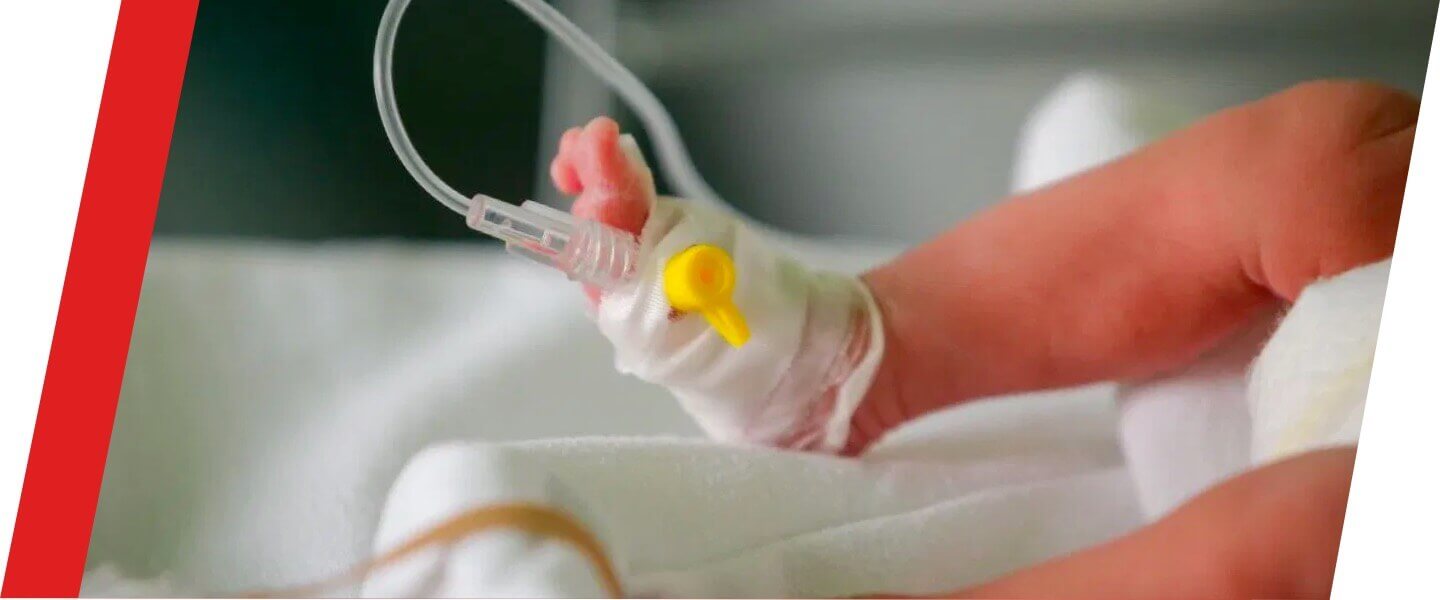
11.
No pain relief be given to babies during abortions
In England and Wales, the Department of Health has recently confirmed that pain relief is being given to babies with spina bifida undergoing surgery in the womb from 20-26 weeks.
In the new regulations there is no mention of a legal requirement that babies undergoing a late-term abortion at the same gestation receive pain relief ahead of being aborted.
Bear in mind that many of these late-term abortions will have to be performed using a D&E procedure in which, according to RCOG, the ‘fetus is removed in fragments’. For some procedures babies will first receive an injection of potassium chloride to effectively induce a heart attack – it can take minutes to several hours to work according to abortion provider BPAS.

12.
Fast-tracked abortions: No consideration period for women
In a number of European countries, including the Netherlands, Belgium and the Republic of Ireland, there is a consideration period in place before an abortion can take place.
This period gives a woman who is considering an abortion more time to consider all of the options available to her.
In the new regulations, there is no consideration period in place in Northern Ireland.
This is especially concerning given the likelihood that private abortion providers – who have been accused by the Care Quality Commission of using high-pressure sales tactics to get women to undergo abortions and have also run ‘lunch-hour’ abortion services – will likely be ‘setting up’ shop in Northern Ireland.
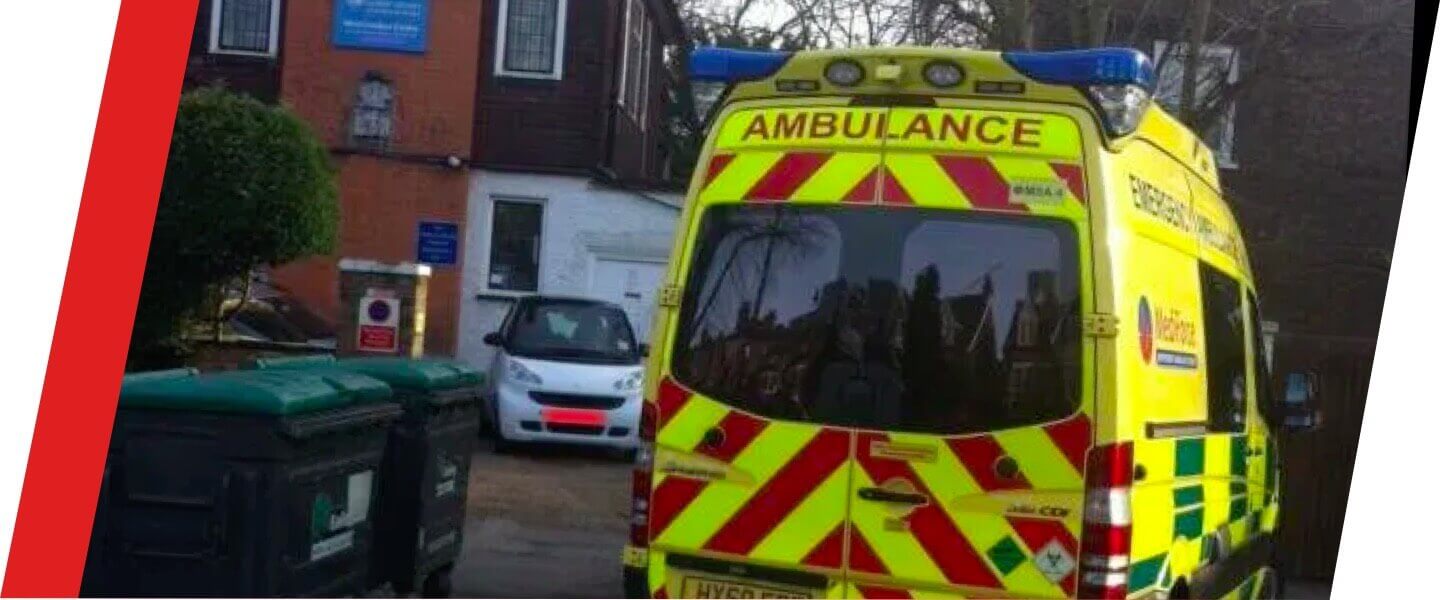
13.
Private abortion clinics’ horrific history of abuses could likely be worse in NI with less legal restrictions
Abortion providers, such as Maries Stopes International and the British Pregnancy Advisory Service will likely seek to capitalise on the opening of a major new “market” without many of the current legal safeguards they have to adhere to in England and Wales. There will likely see a surge in the building of new, private abortion clinics throughout the province.
These private abortion clinics in England and Wales have proven that they cannot be trusted. The following are just a few examples of when these clinics have been caught out:
- Earlier this month, the Minister for Care confirmed in an answer to a Written Parliamentary Question asked by Fiona Bruce MP that over 60% of England’s abortion clinics are rated inadequate or require improvement when it comes to safety.
- In August 2016, the Care Quality Commission (CQC) suspended some abortions at Marie Stopes for a month in August 2016 after inspectors “found dead foetuses lying in an open bin and staff trying to give a vulnerable, visibly distressed woman an abortion without her consent”.
- A December 2016 report revealed doctors had been bulk-signing abortion consent forms, women were left at risk of infection, staff were not trained in how to respond to deteriorating patients and post-surgery safety checks were being completed before the surgery started. Issues have also been recorded at BPAS abortion clinics.
- In a damning report from 2017, inspectors found evidence of a policy at all 70 Marie Stopes clinics which saw staff calling women who had decided against having an abortion to offer them another appointment. The report also outlined “doctors signing off consent forms in batches of 60 and failures to follow safety procedures.”
- An investigation by a national newspaper revealed that practices that concerned CQC inspectors are continuing at Marie Stopes clinics, with, for example, abortions being signed off by call centre workers with no medical training after discussions which were as short as 22 seconds.
- In 2012, a woman called Aisha Chithira, 32, bled to death in a taxi after having an abortion in Ealing Marie Stopes. A Marie Stopes doctor and two nurses were charged and then acquitted of gross negligence manslaughter.
If these kind of breaches in patient safety protocols are occurring under the current law in England and Wales, without many of the restrictions on abortions in place in Northern Ireland, it is possible that the treatment of women by these abortion providers will be much worse.

14.
The State will have the authority to force women to have abortions
In June 2019, a woman in her early 20s with a learning disability was ordered by the Court of Protection in England to have an abortion against her will. This ruling was only overturned in a last-minute Court of Appeal decision which stopped doctors from performing an abortion – that was already underway – on a woman who wanted her baby.
The new regime does not mention the introduction of any safeguards to prevent the State from being able to exercise this same draconian power over its citizens in Northern Ireland.

15.
No provision for independent counselling for women seeking an abortion
The new regime does not mention any legal requirement that abortion providers – who benefit financially from providing an abortion – are not the ones providing ‘counselling’ to women seeking an abortion.
This is especially concerning given that one of the big abortion providers in England and Wales, Marie Stopes International, were accused by the Care Quality Commission of paying staff bonuses to increase abortion numbers.
It is clear that these providers can NOT be trusted to provide counselling that is not biased, but there would be no legal requirement mandating independent counselling to ensure that this conflict of interest would not occur.
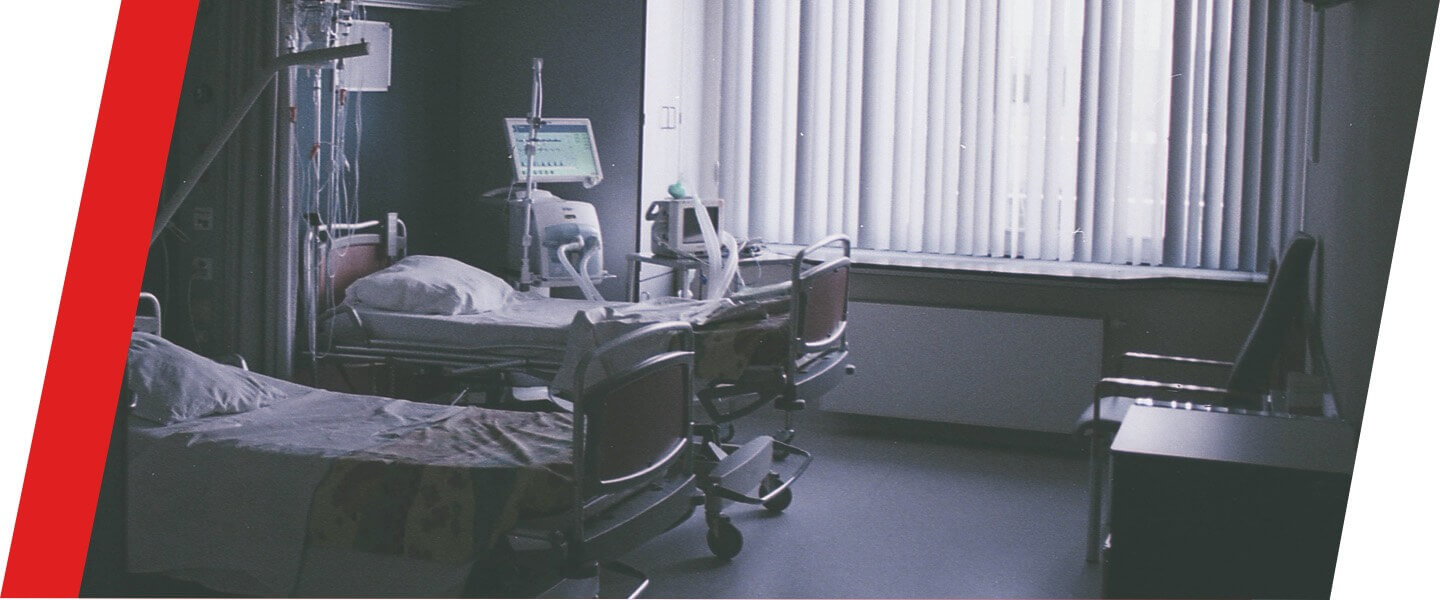
16.
Abortion on-demand will cost Northern Ireland £5 million a year
The introduction of abortion to Northern Ireland will likely cost £5m a year – putting “strain” on an “already over-stretched health service”, a senior economist has warned.
Dr Esmond Birnie said amid the “big moral issues”, it would be “naive to forget a public expenditure cost” from the changes Parliament has proposed.
“This will strain the already over-stretched health service… this is money which will not be available to spend on mental health services or reducing waiting lists.”
72% of NHS abortions in England and Wales are now undertaken in the private sector and paid for by the taxpayer. The majority of these abortions are done by Marie Stopes and BPAS. These abortion providers will likely make huge financial gains as they exploit this new market, picking up more taxpayer money for their operations.


